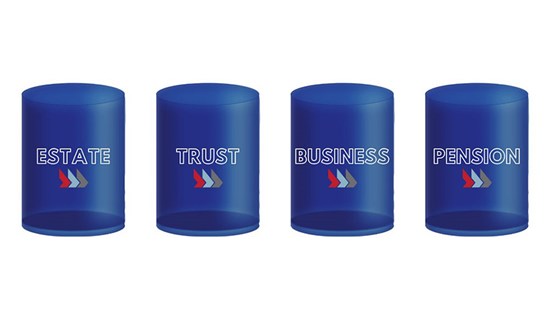
Bungy jumping is fun and scary at the same time. Some people would simply ignore any notion of risk and just go for it. Then you have those who will ponder the idea and watch the others do it, waiting for something to go wrong and then applaud themselves for the great decision – to wait.
Most people have the bungy jumping approach to investing. Some just jump in headfirst without a care in the world, whilst others investigate the options until the market crashes and then congratulate themselves for the foresight of waiting
Buying property is similar – it is stressful and risky, and for those bungy jumping and investment procrastinators out there, it rates right up there with the stress caused by divorce and financial troubles. Buying property in a foreign country moves the stress level up a couple of notches.
As fiduciary practitioners we deal with both ends of this human spectrum. Let us unpack some of the risks not considered by the dare devils amongst you while allaying some of the fears of the eternally fearful.
For a large group of affluent South Africans, Mauritius has become an attractive home away from home. Who does not know a brave soul who has taken up the financial adventure of relocation to Mauritius or invested in property on the island?
Yes, Mauritius is the flavour of the day and topic of conversation at many clubhouses and book clubs all over South Africa. However, what do you need to take into consideration before taking the leap of buying property on the island?
Non-residents and non-citizens of Mauritius can buy property in one of the approved development schemes on the island, such as Azuri Ocean and Golf Village. Mauritius wants foreigners to invest in special residential schemes on the island to attract capital to their economy, and they are willing to give permanent residential rights to investors in exchange.
Ownership can be held personally or in the name of a recognised Mauritian company or trust or a combination company-trust structure.
To give you some context, let us look at the situation from our Four Silos perspective. Everything that exists in one’s wealth basket is part of one of four asset silos:

If you opt to purchase the property in the estate silo (in other words in your own name), the value of the property will form part of your estate for estate duty purposes in South Africa. There is no inheritance tax payable in Mauritius, however, Mauritius has forced heirship rules. These rules will have a direct impact on your estate planning, as you will not be able to bequeath the immovable property you hold in Mauritius, as you wish. In terms of the forced heirship rules a portion of the immovable property is reserved for allocation to your children. This reserved portion will be 50% of the immovable property if you survived by one child, 66% if you are survived by two children and 75% in the event of three or more children. The unreserved portion may be bequeathed in terms of your Will. So, unless your estate plan involves leaving your immovable property in Mauritius to your children, this is not a viable option for you.
If you consider buying the property in the trust silo (by holding the property in a Mauritian trust) no forced heirship rules will apply, and your chosen beneficiaries will benefit from your acquisition in perpetuity. Setting up a trust is a straightforward process, but the set-up and on-going costs of the structure needs to be taken into consideration.
If you prefer to buy the property in the company silo (by holding the property in a Mauritian company) and the shares of the company is held in your personal name, the value of the shares will form part of your estate for estate duty purposes in South Africa. Furthermore, the Mauritian forced heirship rules could still apply if it were found that the only reason for the creation of the company was to avoid the forced heirship rules.
If you choose to make use of a company or trust structure (or a combination of both), the funds used to purchase the property will typically be loaned to the entity with a linked interest rate payable on the loan. Tax will be payable in South Africa on the interest earned on such a loan. The loan itself will be deemed a South African asset and will not be subject to the Mauritian forced heirship rules.
If you choose to make use of a company or trust structure (or a combination of both), the funds used to purchase the property will typically be loaned to the entity with a linked interest rate payable on the loan. Tax will be payable in South Africa on the interest earned on such a loan. The loan itself will be deemed a South African asset and will not be subject to the Mauritian forced heirship rules.
The balance of the loan owing to you at your death will form part of your estate for South African estate duty purposes and be dealt with by your South African executor in terms of your South African will.
You are not allowed to hold the Mauritian property in your South African trust or a South African company due to both the South African exchange control rules and the Mauritian property ownership rules.
There is no one-size-fits-all solution when acquiring offshore property as each person’s needs, circumstances and goals are different. So, if you are considering the Mauritian property bungy, allow us to do the planning for you to allay your fears or put some rope around your ankles before you jump. It is only scary when you do not know the outcome.